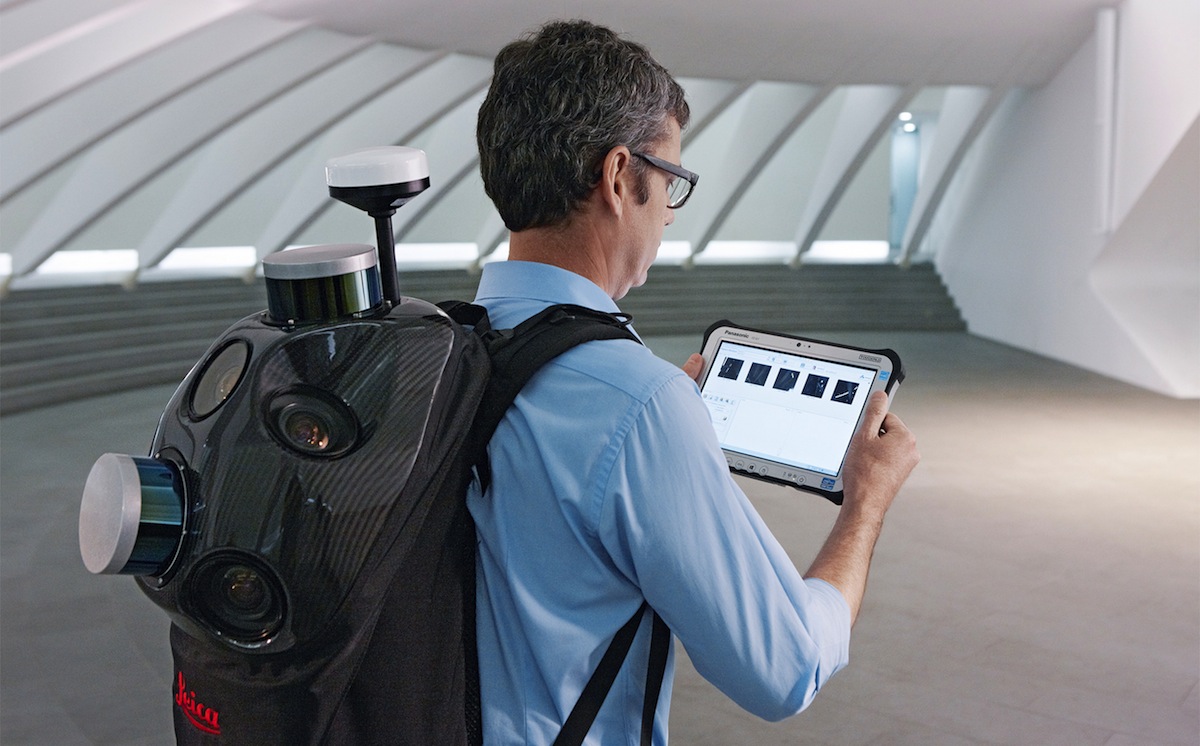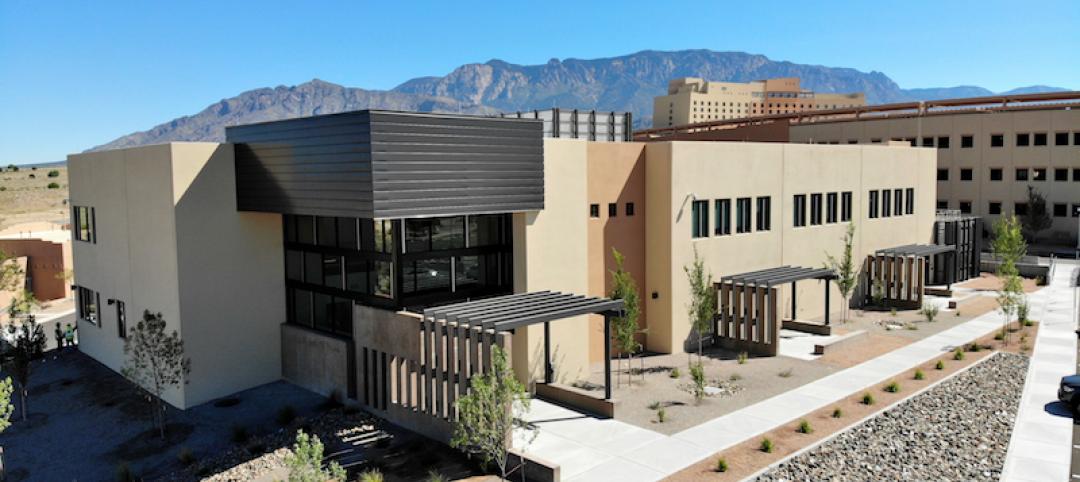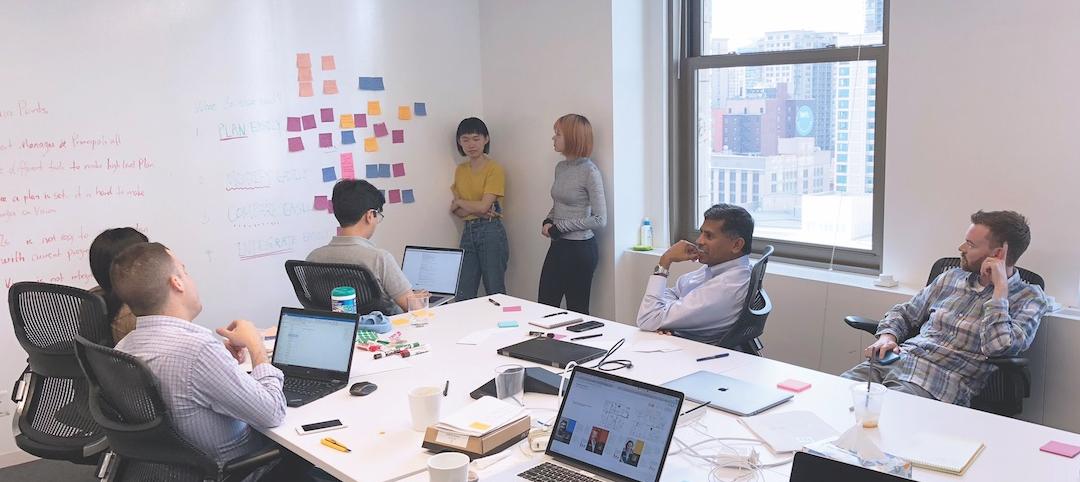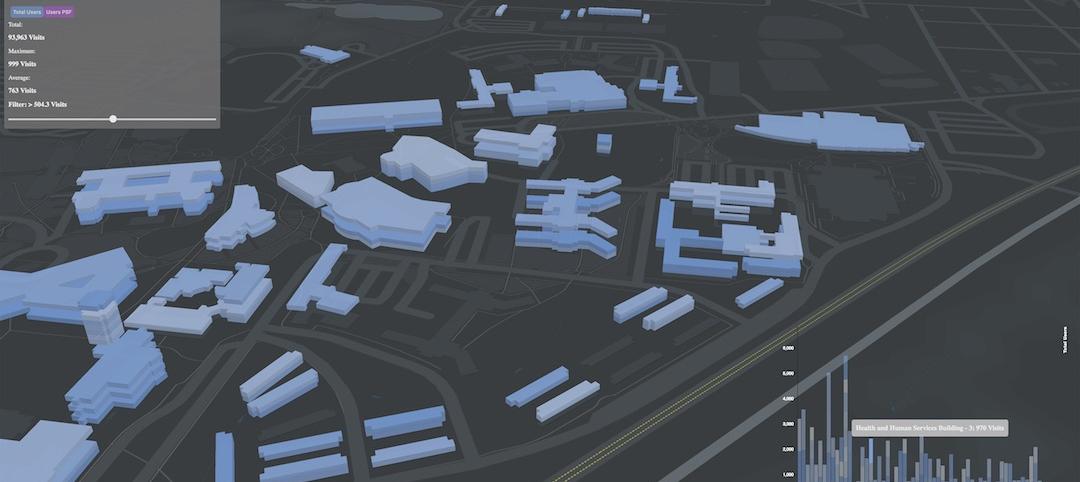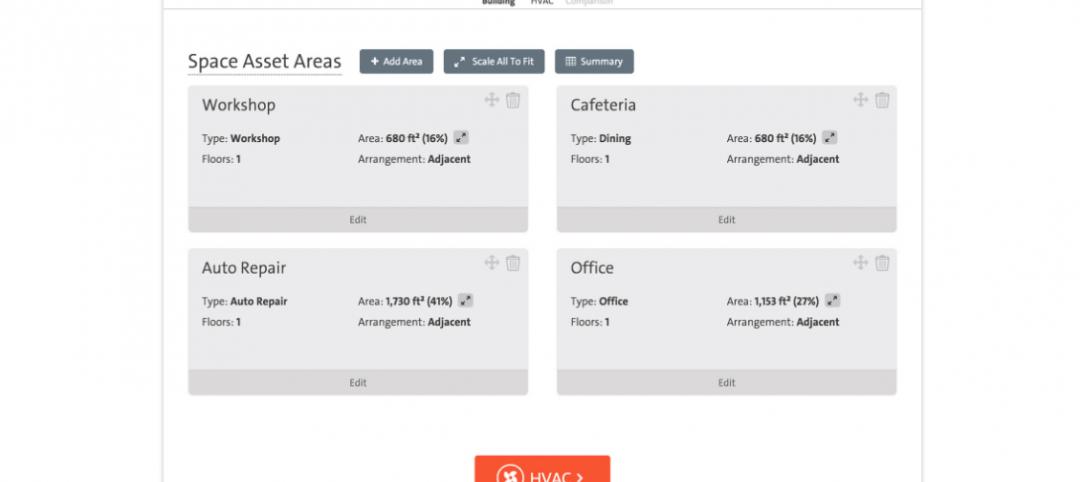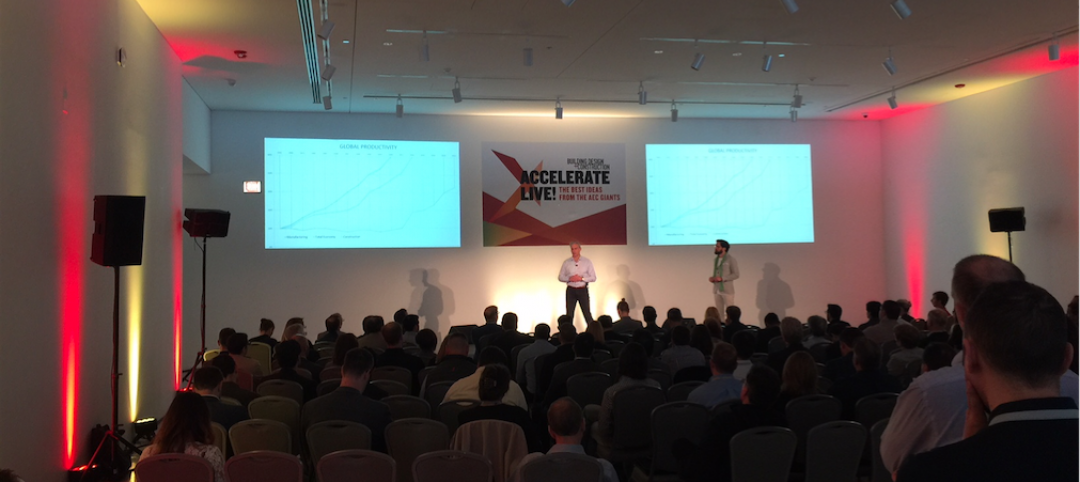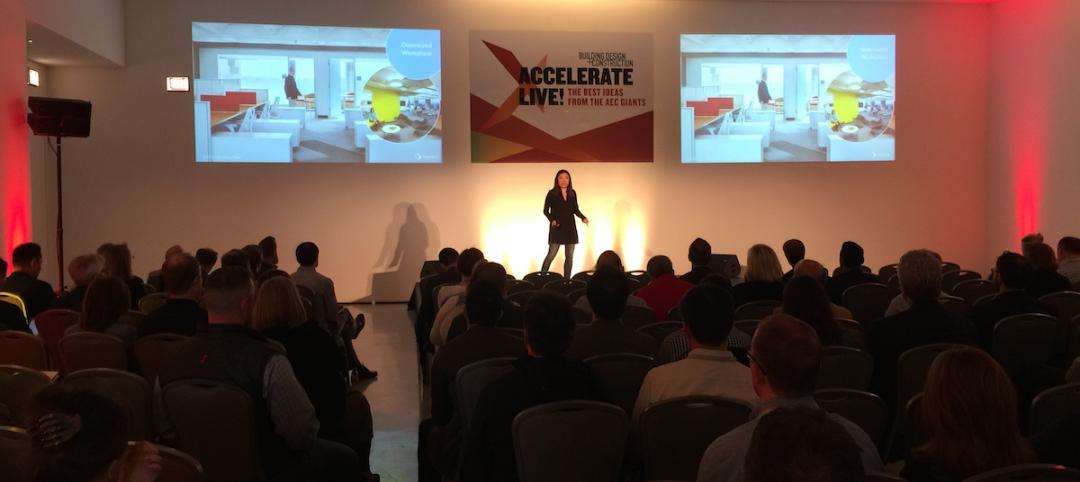Leica Geosystems announced the industry’s first commercially available wearable reality-capture technology with the Pegasus:Backpack at HxGN LIVE.
Combining five high-dynamic cameras, which work in a variety of light conditions, and a LiDAR profiler with an ultra-light and ergonomic carbon fiber chassis, this mobile mapping solution creates a 3D view indoors or outdoors for engineering or professional documentation creation at the highest level of authority yet.
For BIM or simply for capturing 2D square foot updates to a large building, the Leica Pegasus:Backpack creates the most realistic view by capturing synchronized imagery and point cloud data. Accurate positioning is achieved in GNSS-restricted areas using Simultaneous Localization and Mapping, or SLAM, technology. Together with a high precision inertial measurement unit, the Leica Pegasus:Backpack is the first position-agnostic solution.
This new technology is designed to enable weekly data capture efficiently and cost effectively for changing building construction sites. For the first time, this enables the creation of a full starting document for authoritative 6D management of a building or simply to provide an authoritative hand-off dataset to a new building owner. By capturing weekly during a building’s construction, an “x-ray” view of the building is created. As the Backpack clearly logs position and time with the advanced measurement of LiDAR, change orders in the construction process can now offer a complete new level of authority for quality construction while scheduled milestones are achieved.
With full 360-spherical views and LiDAR together plus a hardware light sensor, all images are usable while other functions are verifiable and adjustable over the operator’s tablet device. The system uses multiple hot-swappable batteries, making even long captures possible.
“With the Leica Pegasus:Backpack, limited-access outdoor areas or underground infrastructures are no longer limited in professional data collection,” said Stuart Woods, Geospatial Solutions Division vice-president. “Users will never again forget any aspect of any job nor need to return to a project site. They can capture everything by simply arriving on site wearing the technology, capture and leave, rest assured they have everything they need to complete the job on time and on budget.”
Working with images and point clouds together, data is captured into a single platform and workflow – from the operator interface to a single-click post-processing to feature Meta tagging. Leveraging Leica’s Mapfactory extension, features can be extracted and datasets can be exported to CAD or BIM specific software solutions. More effective decision making is finally achieved with 3D spatial models that allow for true life cycle building planning, enabling 6D BIM.
Related Stories
Sponsored | BIM and Information Technology | Oct 15, 2018
3D scanning data provides solutions for challenging tilt-up panel casino project
At the top of the list of challenges for the Sandia project was that the building’s walls were being constructed entirely of tilt-up panels, complicating the ability to locate rebar in event future sleeves or penetrations would need to be created.
BIM and Information Technology | Aug 16, 2018
Say 'Hello' to erudite machines
Machine learning represents a new frontier in the AEC industry that will help designers create buildings that are more efficient than ever before.
BIM and Information Technology | Aug 16, 2018
McKinsey: When it comes to AI adoption, construction should look to other industries for lessons
According to a McKinsey & Company report, only the travel and tourism and professional services sectors have a lower percentage of firms adopting one or more AI technologies at scale or in a core part of their business.
BIM and Information Technology | Jul 30, 2018
Artificial intelligence is not just hysteria
AI practitioners are primarily seeing very pointed benefits within problems that directly impact the bottom line.
AEC Tech | Jul 24, 2018
Weidt Group’s Net Energy Optimizer now available as software as a service
The proprietary energy analysis tool is open for use by the public.
Accelerate Live! | Jul 17, 2018
Call for speakers: Accelerate AEC! innovation conference, May 2019
This high-energy forum will deliver 20 game-changing business and technology innovations from the Giants of the AEC market.
BIM and Information Technology | Jul 9, 2018
Healthcare and the reality of artificial intelligence
Regardless of improved accuracy gains, caregivers may struggle with the idea of a computer logic qualifying decisions that have for decades relied heavily on instinct and medical intuition.
BIM and Information Technology | Jul 2, 2018
Data, Dynamo, and design iteration
We’re well into the digital era of architecture which favors processes that have a better innovation cycle.
Accelerate Live! | Jun 24, 2018
Watch all 19 Accelerate Live! talks on demand
BD+C’s second annual Accelerate Live! AEC innovation conference (May 10, 2018, Chicago) featured talks on AI for construction scheduling, regenerative design, the micro-buildings movement, post-occupancy evaluation, predictive visual data analytics, digital fabrication, and more. Take in all 19 talks on demand.
BIM and Information Technology | Jun 12, 2018
Machine learning takes on college dropouts
Many schools use predictive analytics to help reduce freshman attrition rates.


